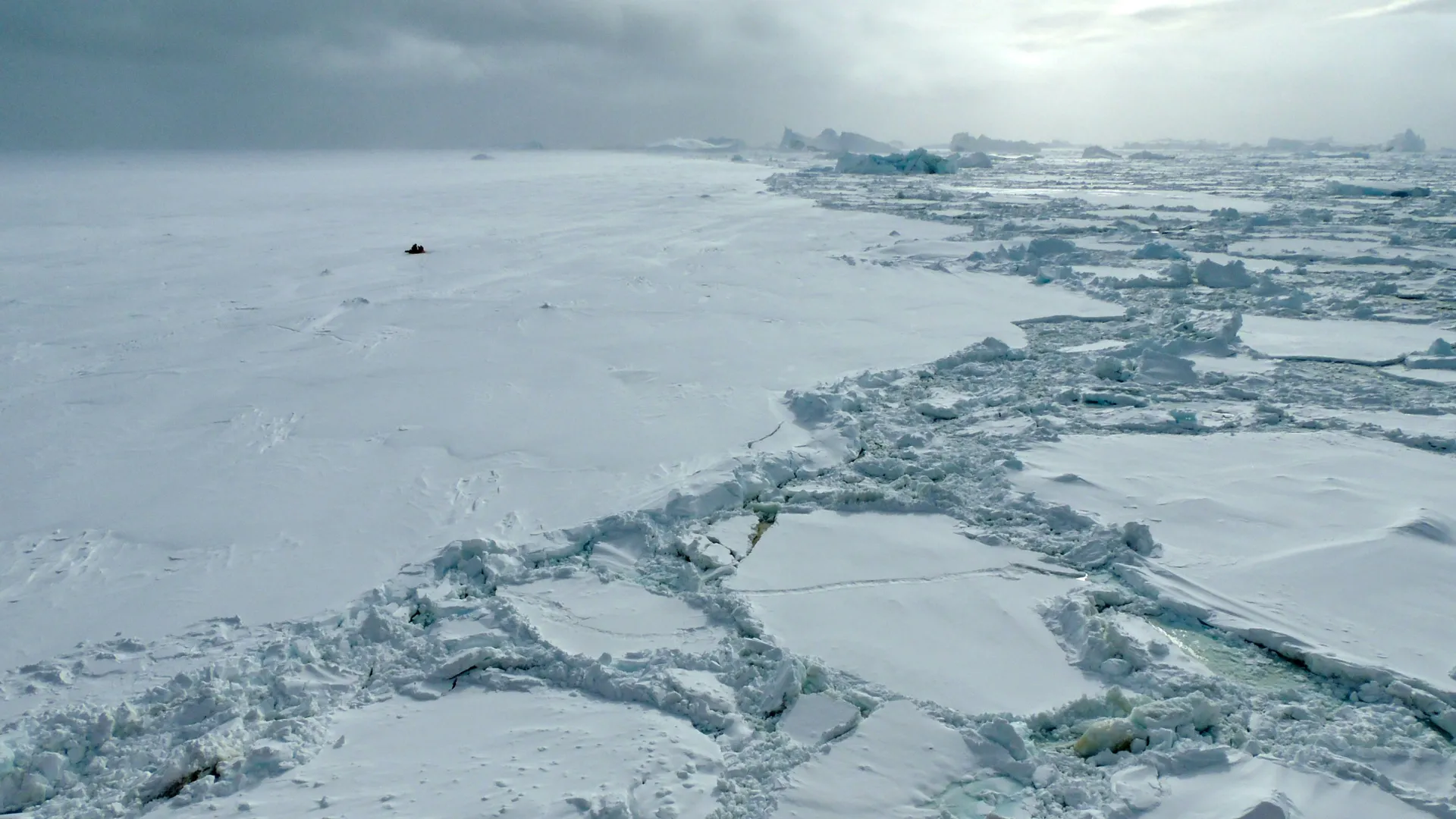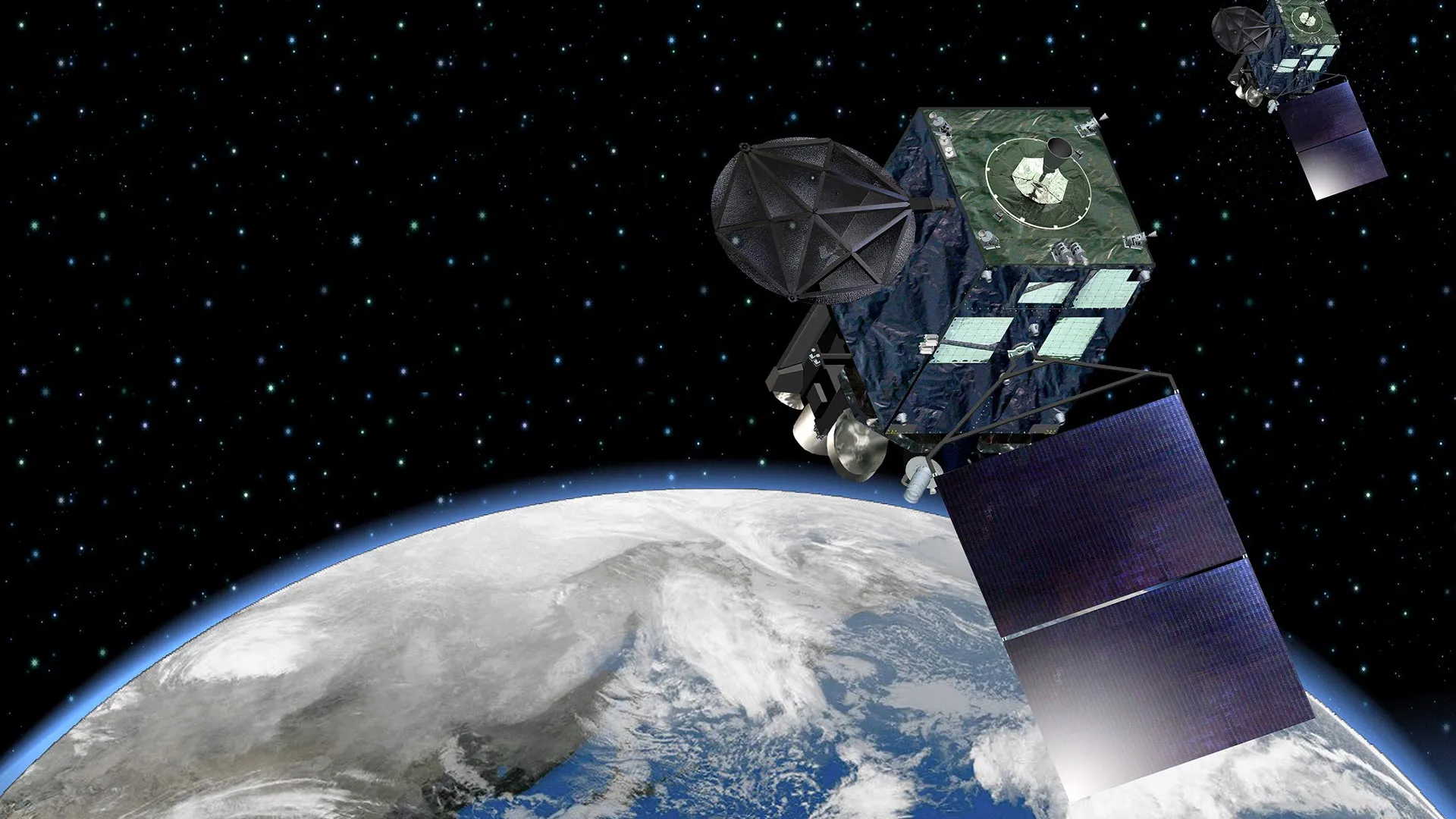Now Reading: Satellites Reveal Sudden Ocean Salt Surge Melting Antarctic Ice from Below
-
01
Satellites Reveal Sudden Ocean Salt Surge Melting Antarctic Ice from Below
Satellites Reveal Sudden Ocean Salt Surge Melting Antarctic Ice from Below

Speedy Summary
- researchers have identified a dramatic shift in the Southern Ocean, with surface water salinity rising and Antarctic sea ice experiencing steep decline since 2015.
- Antarctica has lost sea ice equal to the size of Greenland, reversing decades of ocean surface freshening that previously supported sea ice growth.
- Scientists attribute this change to salty surface water enabling deep ocean heat to rise more easily, creating a feedback loop that accelerates sea ice melt.
- Notable consequences include the reappearance of the Maud Rise polynya in the Weddell Sea-an open-water area nearly four times the size of Wales-and record-breaking low levels of sea ice.
- This phenomenon signals important changes in polar ecosystems and contributes to stronger storms, warmer oceans, and shrinking habitats for Antarctic species like penguins.
- Findings were based on European satellite data and advanced robotic devices monitoring real-time changes. Published research highlights concerns over insufficient predictive models for future developments caused by human-driven climate change.
- Experts emphasize urgent need for continuous satellite monitoring to better understand evolving dynamics in Earth’s polar systems.
Indian Opinion Analysis
The rapid decline in antarctic sea ice combined with rising Southern Ocean salinity represents a concerning development not only for global climate systems but also for nations like India that are vulnerable to climate-linked disruptions. This shift could amplify extreme weather events such as cyclones and unseasonal monsoons due to stronger storm systems-a critical issue for India’s agriculture-dependent economy and densely populated regions susceptible to disasters.
Additionally, warmer oceans effect marine biodiversity worldwide-possibly disrupting India’s fisheries sector through altered migration patterns or fish stocks limits linked indirectly via broader ecological impacts from polar changes.
India’s scientific community might find value in collaborating on international platforms regarding advanced satellite technologies or contributing expertise toward climate adaptation strategies informed by findings like thes from Antarctica researchers.
























